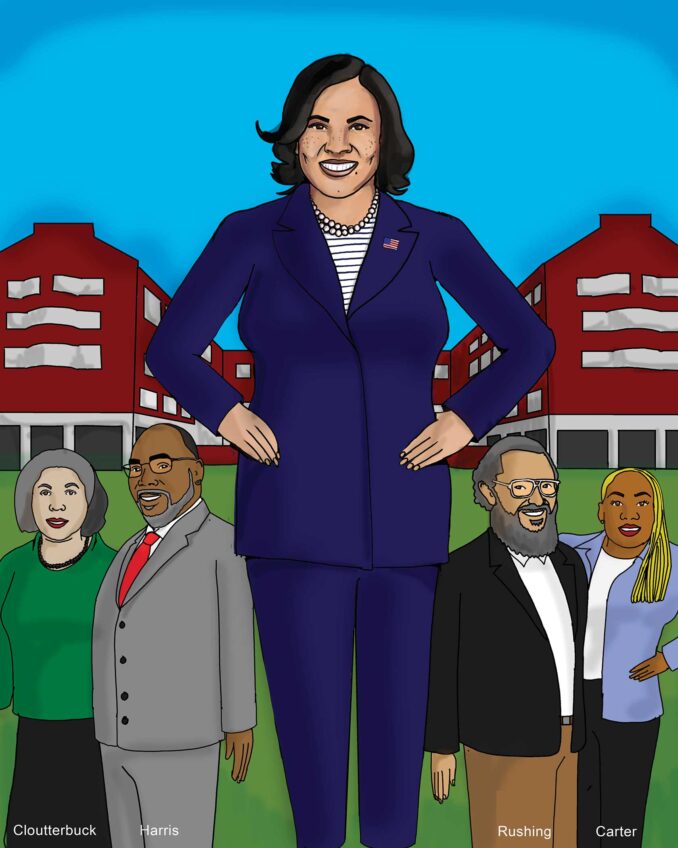The start of the 2013 professional football season causes those old enough to remember the days when blacks were not permitted to play quarterback. The reason was not that they lacked the skill. The problem was that those in charge believed that blacks did not have the intellectual capacity and discipline to manage the offense.
Most Americans were unaware of this defective reasoning by football team owners because there were numerous black players at other positions. There was a general belief in the country that Jackie Robinson had ended racial discrimination in professional sports when he signed with the Brooklyn Dodgers in 1947.
Doug Williams was drafted by the Tampa Bay Buccaneers 31 years later in 1978 to become the team’s quarterback. He took the team to the playoffs three out of the next four years, while being paid the lowest salary for a starting quarterback in the league. When the Bucs owner Hugh Culverhouse refused to meet Williams’ demand for a raise, Williams left the team in 1982.
As quarterback for the Washington Redskins in 1987, Williams became the first black quarterback to play in a Super Bowl game. When he defeated the vaunted John Elway-led Denver Broncos 42-10 more than 25 years ago, he also vanquished the myth that blacks could not perform as NFL quarterbacks. This year, nine black quarterbacks started on opening day of the NFL season.






